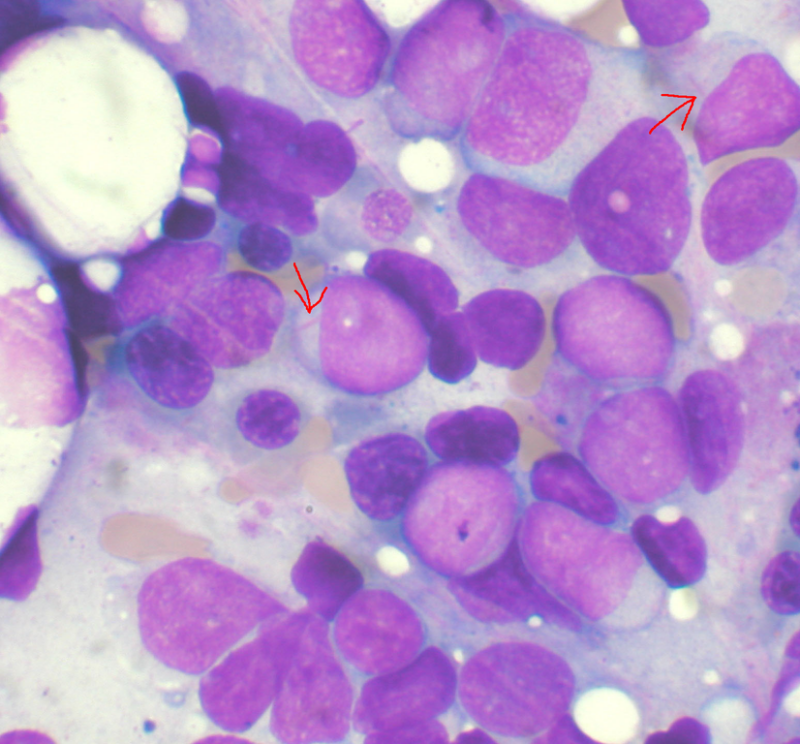
Bio-Path Holdings has dosed the first subject in a Phase I/Ib clinical trial of BP1002 for the treatment of refractory/relapsed acute myeloid leukaemia (AML).
Being carried out at various US cancer centres, the trial will initially dose six subjects with BP1002 monotherapy in a standard three+three design.

Discover B2B Marketing That Performs
Combine business intelligence and editorial excellence to reach engaged professionals across 36 leading media platforms.
Two doses a week for over four weeks is the approved cycle of the treatment.
The Phase Ib segment of the trial will begin following the conclusion of the BP1002 monotherapy arms.
It will evaluate the safety and efficacy of BP1002 plus decitabine in patients with refractory/relapsed AML.
BP1002 acts on the Bcl-2 protein at the messenger ribonucleic acid (mRNA) level instead of the protein.

US Tariffs are shifting - will you react or anticipate?
Don’t let policy changes catch you off guard. Stay proactive with real-time data and expert analysis.
By GlobalDataIt could potentially overcome and avert some of the resistance mechanisms that impact current standard of care treatment with venetoclax.
According to findings from preclinical studies, the therapy showed to be a potent inhibitor against the Bcl-2 target.
The benign safety profile of BP1002 should also permit its usage along with approved agents such as decitabine.
Bio-Path Holdings president and CEO Peter Nielsen said: “This is a particularly significant study as it includes venetoclax-resistant patients, for whom there are few treatment options and life expectancy is very limited.
“Importantly, we now have several noteworthy principal investigators at leading cancer centres around the country, which we believe will enhance enrolment as we advance BP1002 to treat refractory/relapsed and venetoclax-resistant AML patients.”
The company is currently assessing BP1002 to treat blood cancers and solid tumours such as lymphoma and AML.
In August last year, the company received clearance for the Investigational New Drug application from the US Food and Drug Administration for the Phase I/Ib trial of BP1002 for AML.





